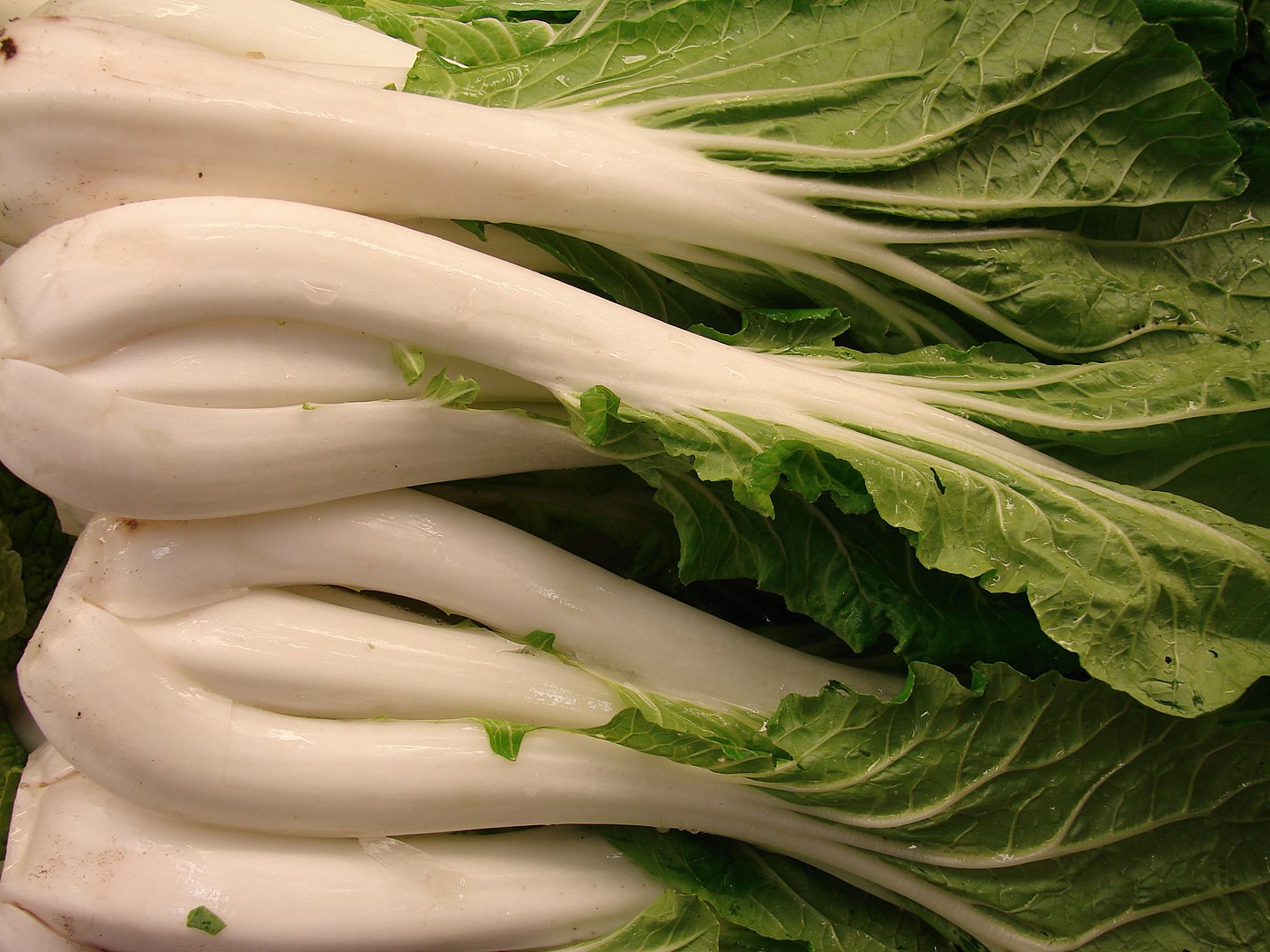
One of the favorite vegetables of Filipinos is Chinese cabbage or pechay.
This is because pechay is relatively inexpensive compared to other vegetables, available all year-round anywhere in the country, cooked in many ways and can be grown in the backyard or even in pots.
Pechay is a necessary ingredient in widely patronized indigenous Filipino dishes like nilaga, pechay with tokwa, kare-kare, ginisang pechay with meat or fish, while others simply steam it over cooking rice.
It is perfectly appetizing with shrimp paste or alamang and fish paste or bagoong when steamed.
Did you know that this lowly vegetable is packed with nutritional and health benefits?
Pechay is very low in saturated fat and cholesterol, which is good news for people aiming for an ideal weight and those at risk to heart disease.
If you want to lose weight or maintain an ideal weight, experience constipation, or are at risk to colorectal cancer, pechay is a good source of dietary fiber that keeps the digestive tract healthy by normalizing bowel movement and excretion of toxins.
Surprisingly it also contains some protein that is a healthier alternative to meat and can supplement other protein-rich vegetables to help build and repair tissues and promote growth.
Thiamin or vitamin B1 in pechay helps prevent complications in the nervous system, brain, muscles, heart, stomach, and intestines, as well as inhibits beri-beri by enhancing flow of electrolytes in and out of muscles and nerve cells.
Pechay also provides niacin or vitamin B3 that helps lower the levels of “bad” LDL cholesterol, such that it has been used since the 1950s to treat high cholesterol because it increases the levels of “good” HDL cholesterol.
Other benefits of niacin include lowering triglyceride levels, helping prevent heart disease and type 1 diabetes, boosting brain and skin function and easing arthritis symptoms.
Phosphorus in pechay aids in building strong teeth and bones, manages how the body stores and uses energy, and reduces muscle pain after exercise or strenuous physical activity.
Potassium in pechay relieves symptoms of stroke, high blood pressure, heart and kidney disorders, anxiety and stress, as well as enhances muscle strength, metabolism, water balance, electrolytic and nervous system functions.
Interestingly, eating phosphorus-rich pechay facilitates filtering kidney waste and is vital in producing DNA and RNA—the body’s genetic building blocks.
Rarely known to many, vitamin K, which is also present in pechay, plays a role in blood clotting, bone metabolism, regulating blood calcium levels and helps produce prothrombin, a protein and clotting factor important in blood clotting and bone metabolism.
Riboflavin or vitamin B2 in pechay is needed for growth and overall good health, helps break down carbohydrates, proteins and fats to produce energy, and allows body to use oxygen.
Another lesser-known mineral found in pechay is magnesium, which together with calcium, is also essential for bone formation, as well as in preventing diabetes, heart disease, migraine, premenstrual syndromes and anxiety.
Manganese, another seemingly unknown mineral contained in pechay, may help improve bone health, reduce disease risk and inflammation and regulate blood sugar levels.
What’s more, vitamin B6 or pyridoxine in pechay may promote brain health, reduce Alzheimer’s risk, prevent and treat anemia and nausea during pregnancy and aids hemoglobin production.
Pechay likewise provides folate or vitamin B9, and also called folic acid, is needed to make red and white blood cells, convert carbohydrates to energy, and produce DNA and RNA with phosphorus.
Adequate folate intake is extremely important during periods of rapid growth such as pregnancy, infancy, and adolescence to avoid abnormalities.
Pechay also offers iron for healthy blood, calcium for healthy bones and teeth, and the immune-boosting vitamins A and C.
Now, that’s a lot of nutritional goodness from one vegetable only.
During this trying times of the enhanced community quarantine due to COVID-19, it really pays to rediscover the nutritional benefits of indigenous vegetables like pechay and revive our healthy consumption patterns just like in the olden days.
Search the news and medical studies: regular vegetable and fruit eaters are healthier and live longer.
#ResistensiyaPalakasinWastongPagkainLabansaCOVID19